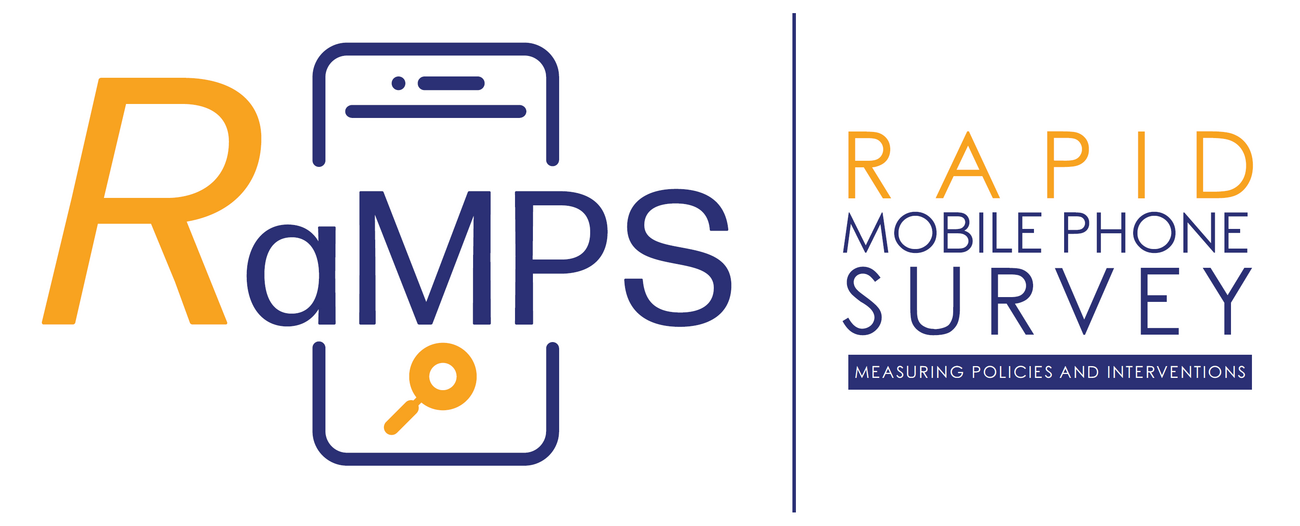During public health crises, it is crucial to have timely data to enable a quick response by policymakers not only to answer to emergencies but also to support legislative processes, including those related to noncommunicable diseases (NCDs) and their risk factors (e.g., people’s knowledge, attitudes, and behaviors regarding front-of-package nutrition warning system/labeling, smoke-free environment laws, and other policies listed at the NCD “Best Buys”) and to assess NCD quality of care.
In light of the COVID-19 pandemic, in which timely data became essential for decision-makers, in 2020, PAHO developed and launched the initiative RaMPS: Rapid Mobile Phone Surveys, as a complementary surveillance tool to assess policies and interventions on NCDs in adults.
Rapid Mobile Phone Surveys are an efficient, low-cost method to collect timely data from adults on the knowledge, attitudes, and behaviors about the implementation of NCD policies and interventions. RaMPS complements other NCD surveillance efforts and do not replace the implementation of household surveys.
The Pan American Health Organization (PAHO) supports countries in implementing RaMPS and countries are encouraged to produce factsheets, executive summaries, and disseminate results among the public health community, health authorities, stakeholders and all those involved in efforts to reducing the avoidable burden of NCDs. Data produced by RaMPS can be used to assess the implementation of NCD policies and interventions and serve as evidence to support policy and programmatic development.
The map shows the implementation of RaMPS to collect data on NCD policies in countries of the Americas.
Hover over pins for country data.
Acknowledgments:
- Public Health Agency of Canada (PHAC)
- Centers for Disease Control and Prevention (CDC)
- World Health Organization - Universal Health Coverage Partnership (WHO-UHC)
The webinar "Rapid Mobile Phone Surveys (RaMPS) on NCDs" presents the experience and effectiveness of Rapid Mobile Phone Surveys in gathering timely data on noncommunicable diseases policies and interventions and cases of phone survey implementation in selected countries.


